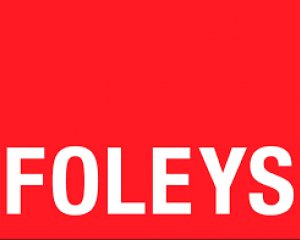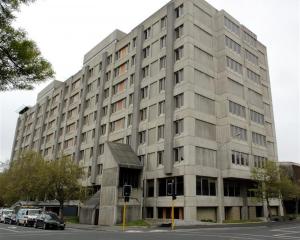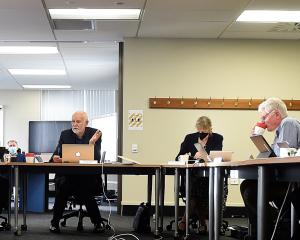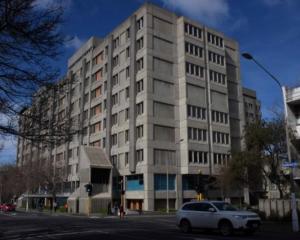Mr Menzies said, with ''hindsight'', the nearly $1 million upgrade of Dunedin Hospital's kitchen five years ago might be questioned. However, he did not think it a big issue, given the board's annual revenue of more than $800 million.
Health Benefits Ltd's (HBL) purpose is to cut costs through bulk purchasing in the health sector, which inevitably helped some boards more than others, depending on what had been invested in particular areas historically.
''The collective view is that if it's done in a particular way that brings the average cost down for the whole of the sector, then some DHBs have to take the hit if that's the case, and make their gains elsewhere,'' he said.
The board had been assured the meals would be ''scientifically and nutritionally just as good'' coming from the north, he said.
He acknowledged there had been ''great praise'' for the high quality of Dunedin Hospital meals.
Asked if HBL's savings drive was changing the business model of health boards, he said it was not.
Asked if the kitchen money would have been better spent on clinical equipment outside HBL's purview, Mr Menzies suggested that amount would not go far buying medical equipment. HBL spokesman Mark Reynolds said the business case for HBL's plan would consider costs sunk by health boards in kitchen plant.
Mr Reynolds said while more than $10 million would be saved annually, the total amount of spending on catering by boards would remain secret because of commercial sensitivity.
Meals are expected to be made in production hubs in Christchurch and Auckland and transported around the country, under a 15-year contract with Compass Group, although HBL refuses to confirm this. Kitchens such as the one at Dunedin Hospital might be downgraded. At present, health boards make their own arrangements, in a mix of private and public provision.
Asked for comment on the risk of the length of the contract, a Commerce Commission spokeswoman said whether it was anti-competitive depended on the facts of the case.
''A key consideration is whether the consumer of those services (here the Government) is able to ensure they continue to get a good deal in terms of price and quality,'' she said.












